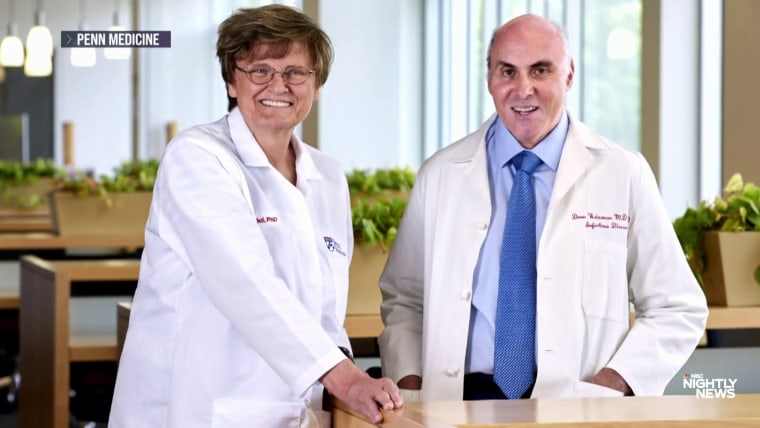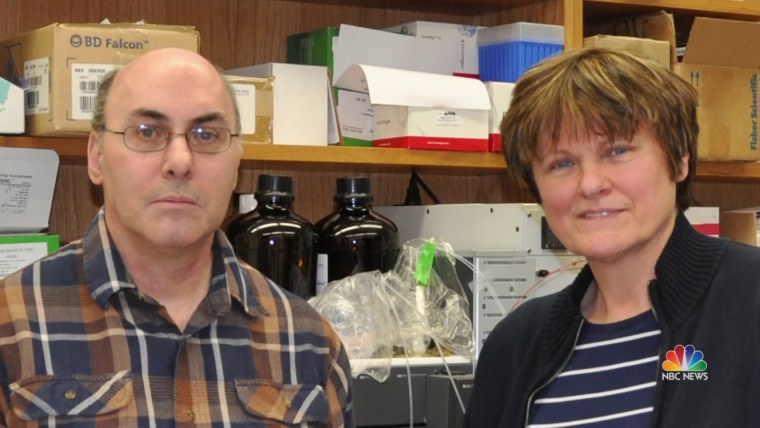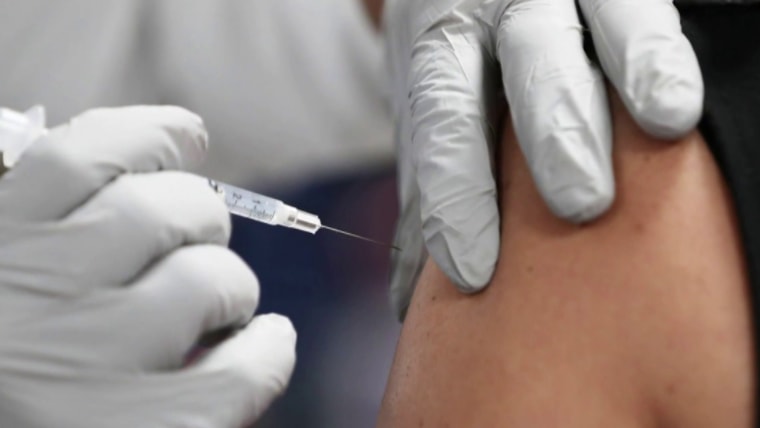A Hungarian American and an American won the Nobel Prize in physiology or medicine Monday for discoveries that enabled the development of the mRNA vaccines for Covid, saving millions of lives during the pandemic.
Katalin Karikó and Drew Weissman made “fundamental discoveries” along the path to create the vaccines, said Rickard Sandberg, a professor at the Karolinska Institutet in Sweden.
Born in Hungary, Karikó went to work in the U.S. to pursue science in the 1980s. But she struggled to win grants at the University of Pennsylvania, and her funding dried up quickly, the institute said.
One day in the 1990s while she was photocopying research papers, she met Weissman, of Massachusetts, and worked with him on vaccines that could get past the body’s defenses, all the while prompting an immune system response that would make enough antibodies to fight disease.
But their work went largely unnoticed for decades.
“They really didn’t care about it. And it wasn’t until around 2008, 2009 when people started to see the potential,” Weissman, now a professor at University of Pennsylvania, told NBC News in 2021.
That changed when the coronavirus pandemic struck: Weissman and Karikó's research had laid the groundwork for the millions of doses of vaccines produced by companies like Pfizer/BioNTech and Moderna.
Their research cleared the major hurdle to the vaccines' effectiveness, stopping people's immune systems from targeting the lab-made mRNA.
Conventional vaccines trigger immune responses by putting live but weak or inactivated germ directly into the body. Messenger RNA, or mRNA, vaccines do so by injecting a snippet of genetic code that triggers an immune response.
Asked about a potential Nobel Prize, Karikó, who is now a professor at the University of Szeged in Hungary and an adjunct professor at the University of Pennsylvania, told NBC News in 2021, “I focused always on the work, and that’s what excites me.”
The two scientists were "overwhelmed," said Thomas Perlmann, the secretary of the Nobel Assembly, when he contacted them about the news before the announcement.
Karikó said her mother spent every year speculating when she would win the Nobel, to which Karikó would remind her of the time when she could not even get a grant for her research.
“She said, ‘But you work so hard.’ And I told her that many, many scientists work very, very hard,” Karikó told Reuters after the award announcement.
Meanwhile, Weissman called the prize “an incredible honor.”
“We couldn’t have come to the result without both of us being involved,” he said.
The prize, which is among the most prestigious in the scientific world, is selected by the Nobel Assembly of Sweden’s Karolinska Institutet. It comes with 11 million Swedish crowns (about $1 million) to be split between the winners.
The Nobel prize in physics will be announced Tuesday, followed by the awards for chemistry on Wednesday and literature on Thursday. The Nobel Peace Prize will be announced Friday and the economics award on Oct. 9.


